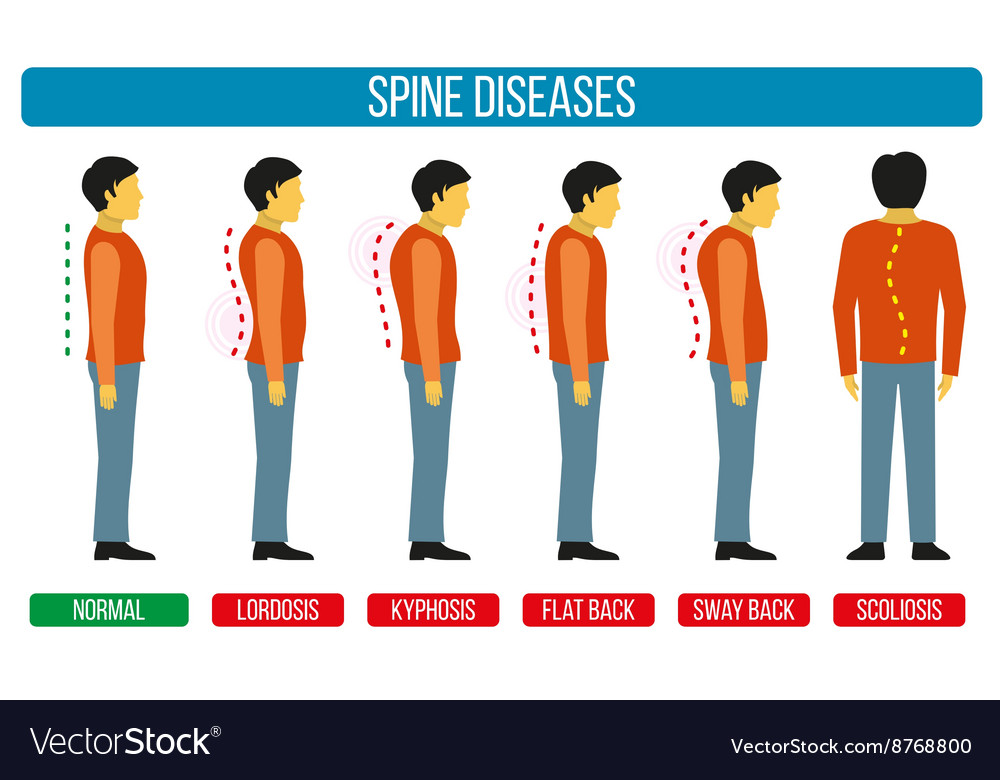Nutrition'S Effect On Pain In The Back Alleviation: Dietary Choices To Accept And Those To Avoid
Nutrition'S Effect On Pain In The Back Alleviation: Dietary Choices To Accept And Those To Avoid
Blog Article
Post Developed By-Bond Guldborg
When it comes to handling your neck and back pain, the food choices you make can significantly affect how you feel on a daily basis. Envision having the ability to reduce your pain merely by changing what you eat. By comprehending the role of nutrition in neck and back pain monitoring and knowing which foods to integrate or avoid, you can take aggressive steps in the direction of a healthier and extra comfortable lifestyle. The link between nutrition and back health is a lot more profound than you may understand-- let's check out exactly how certain foods can either calm or worsen your back pain.
Significance of Nourishment in Back Pain
Nutrition plays a crucial function in taking care of pain in the back. Your diet plan can significantly affect swelling levels and general pain degrees in your back. Consuming a balanced diet plan abundant in nutrients like vitamins D and K, calcium, magnesium, and omega-3 fats can help reduce swelling and strengthen bones, which are crucial for back health and wellness.
Furthermore, preserving a healthy and balanced weight via correct nutrition can reduce stress and anxiety on your spine, minimizing the risk of neck and back pain.
Moreover, certain nutrients like antioxidants located in fruits and vegetables can aid fight oxidative anxiety and advertise recovery in the body, including the back muscle mass and back.
On the other hand, consuming extreme quantities of refined foods, sweet drinks, and undesirable fats can add to swelling and weight gain, worsening pain in the back.
Foods to Consume for Back Health And Wellness
To sustain a healthy and balanced back, including nutrient-rich foods right into your daily meals is vital. Including foods high in antioxidants like berries, spinach, and kale can help reduce swelling in your back, easing pain and pain. tightness in lower back -3 fats found in fatty fish such as salmon and mackerel have anti-inflammatory residential properties that can profit your back wellness.
In addition, taking in nuts and seeds like almonds, walnuts, and chia seeds supplies vital nutrients like magnesium and vitamin E, which sustain muscle feature and decrease oxidative stress. Integrating lean healthy proteins such as chicken, turkey, and tofu can help in muscle mass repair service and upkeep, promoting a solid back.
Do not forget to consist of dairy or strengthened plant-based options for calcium to support bone health. Finally, moisten with plenty of water to maintain your spine discs hydrated and functioning optimally. By including these nutrient-dense foods in your diet plan, you can nourish your back and support total spinal health and wellness.
Foods to Prevent for Neck And Back Pain
Opt for preventing refined foods high in sugarcoated and trans fats when looking for remedy for pain in the back. These kinds of foods can add to inflammation in the body, which might exacerbate pain in the back. Say no to sweet snacks sweet, breads, and sugary beverages, as well as fast food products like burgers, fries, and fried hen that are often loaded with trans fats.
Furthermore, steer clear of foods containing high degrees of polished carbohydrates, such as white bread, pasta, and breads, as they can increase blood glucose degrees and potentially aggravate inflammation in the body.
It's also important to limit your consumption of foods high in saturated fats, like red meat and full-fat dairy products, as they can add to inflammation. Processed https://www.webmd.com/pain-management/guide/pain-management-treatment-care like deli meats, chips, and packaged snacks are often high in saturated fats and should be consumed in moderation.
Verdict
In conclusion, taking note of your diet regimen and making clever food choices can have a considerable influence on managing pain in the back. By including nutrient-rich foods like berries, fatty fish, nuts, and lean proteins, and avoiding processed and sugary products, you can help reduce inflammation and support on the whole back health and wellness. Remember, what you consume plays a critical role in exactly how you really feel, so make sure to prioritize your nutrition for a much healthier back.
